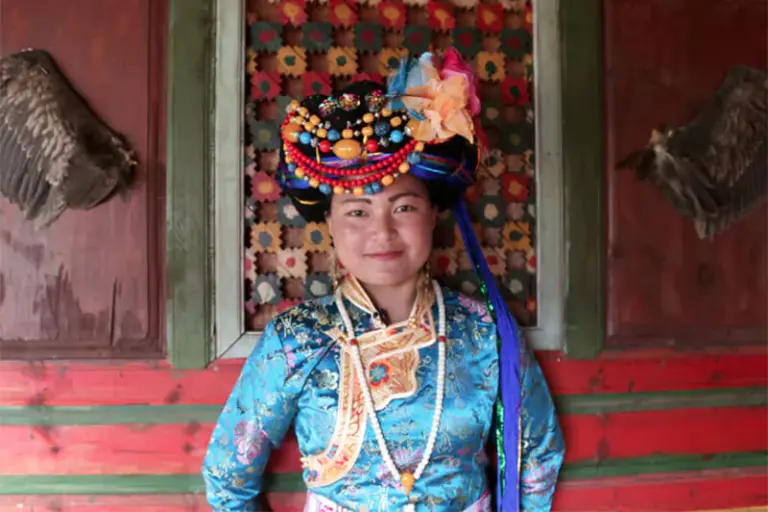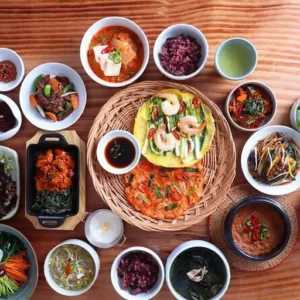A journey to Bhutan inspires curiosity not only about its breathtaking landscapes and unique cultural heritage, but also about the people who call this secluded Himalayan kingdom home. Known as the “Happiest Country in the World,” Bhutan is full of remarkable individuals whose way of life often surprises and amazes visitors.
1. A Devoutly Buddhist Nation
The majority of Bhutan’s population practices Buddhism, yet the reality is quite different from the image often portrayed by foreign media — that the country is filled entirely with monks.
In Bhutan, most monks live deep in the mountains, far from outside influence. The monks travelers encounter at temples or monasteries are usually caretakers rather than reclusive spiritual masters. Ordinary Bhutanese hold deep respect for monks and rarely disturb their secluded lifestyles.
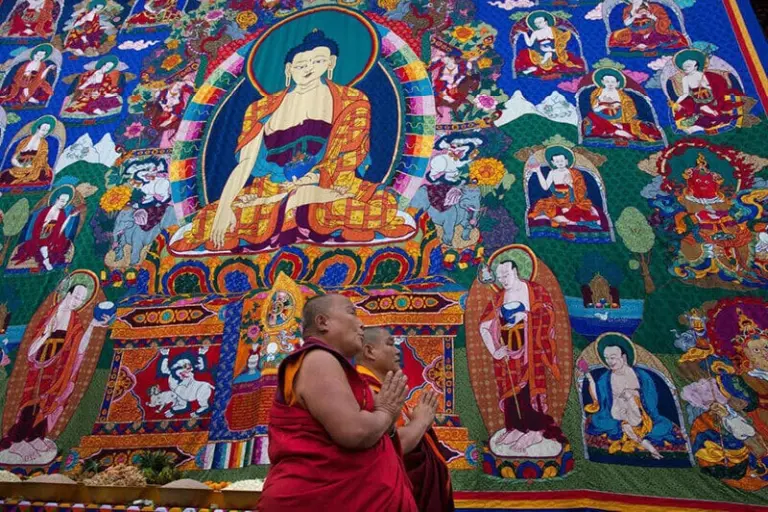
2. Happiness Over Wealth
One of Bhutan’s most famous philosophies, introduced by the King himself, is that a nation’s wealth should be measured by the happiness of its people, not by its GDP. This belief is embodied in the country’s Gross National Happiness index, which consistently ranks among the highest in Asia.
Because of this mindset, Bhutanese people exude sincerity and simplicity. They are content without chasing the latest technology or vast fortunes, living in harmony with nature and taking joy in life’s essentials.
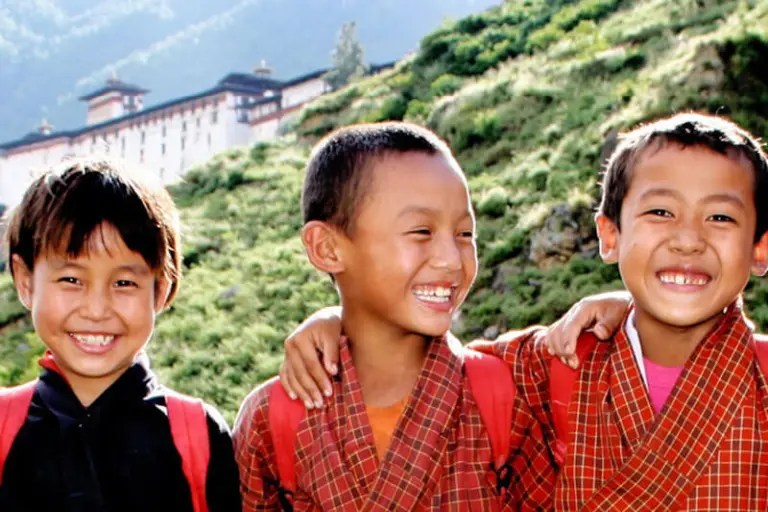
>> Traveling to Bhutan: What you need to know
3. Deep Respect for the King
Travel through Bhutan and you’ll notice small pins or badges worn on people’s clothing — each bearing the smiling portrait of the King. This is one of the ways Bhutanese show their admiration and loyalty.
Many citizens have even met the King in person, and beyond respecting his leadership, they often praise his striking appearance and warm demeanor.
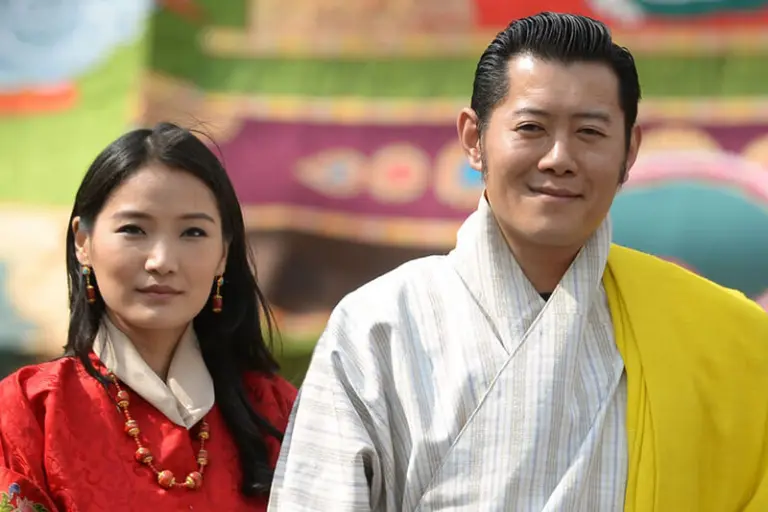
4. Archery – The National Obsession
If there’s one passion that rivals the people’s love for their King, it’s archery. Competitions take place across the country almost year-round, with archers aiming at targets set 140 meters away — all while dressed in their traditional attire.
Some villagers travel for days through the mountains just to participate. Whenever a target is hit, both teams break into song and dance, celebrating like the warriors of Bhutan’s past.
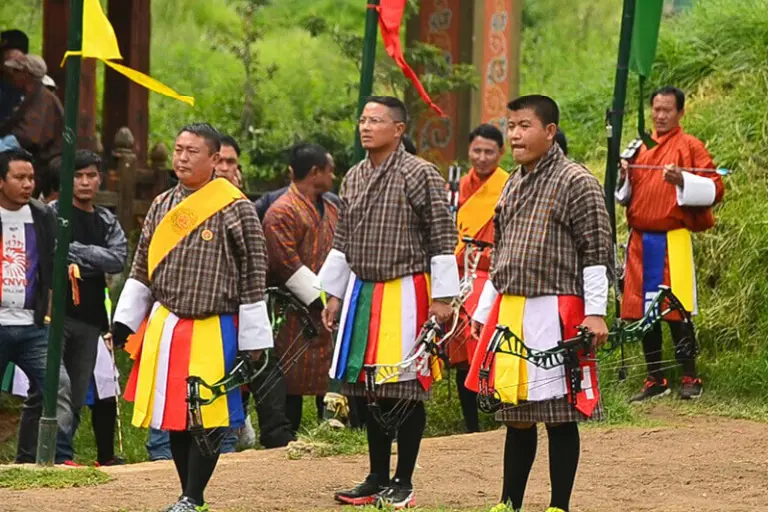
>> What to know before visiting Bhutan – Dos & Don’ts
5. Traditional Dress Is Worn Daily
Wherever you go in Bhutan, you’ll see people proudly wearing their national dress — the Gho for men and the Kira for women. These garments are worn to school, work, and during important events as a way of preserving the country’s heritage.
While modern clothing exists, most Bhutanese choose to wear their traditional attire voluntarily, recognizing its cultural value. Only certain professions, such as healthcare or jobs requiring specialized uniforms, make exceptions.
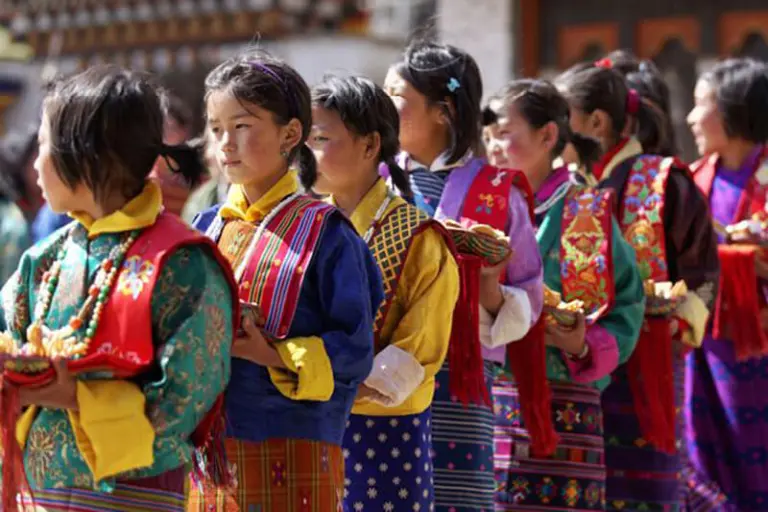
6. Polygamy and Polyandry Are Legal
In Bhutan, neither polygamy nor polyandry is prohibited, meaning both men and women can legally have multiple spouses. In reality, however, most people choose monogamous relationships, and such practices now mainly survive in small tribal communities.
Divorce is also common — with rates exceeding 50% — and carries little social stigma. Rooted in Buddhist belief, relationships are seen as a matter of karma and destiny. Once that connection fades, people feel no obligation to stay together, moving on peacefully to new partners or life paths.
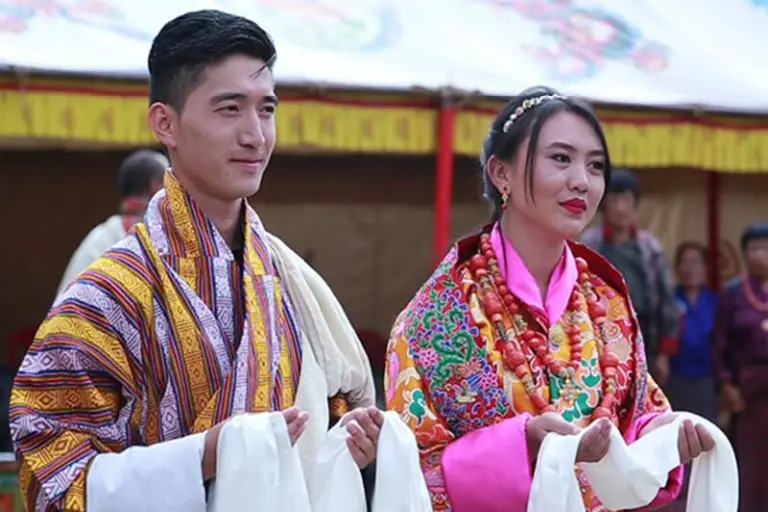
>> Top 6 highly-rated hotels in Bhutan you shouldn’t miss
7. A Matrilineal Society
Unlike most Eastern countries, Bhutan follows a matrilineal tradition. Daughters inherit the family property, including homes, livestock, and other assets. After marriage, if a couple doesn’t establish their own household, it’s the husband who moves into the wife’s family home.
Bhutanese society is a blend of ancient values, unique customs, and a deep sense of contentment that has endured through centuries. Meeting its people is as much a highlight of a Bhutan trip as exploring its temples, valleys, and mountains — perhaps even more so.
